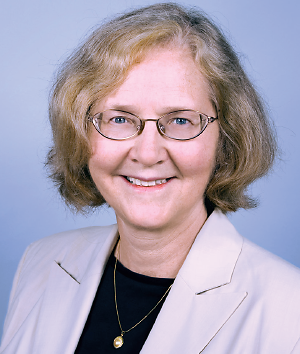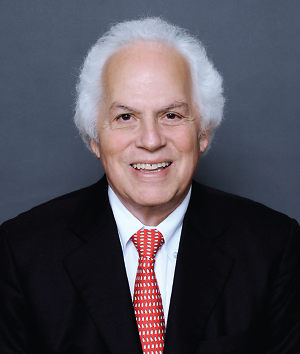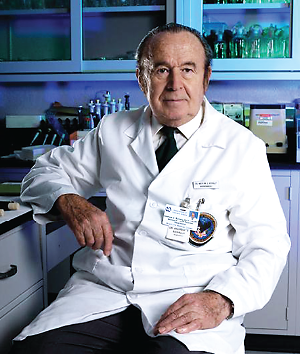Among the many accomplished researchers who will be delivering lectures at next month’s APA annual meeting in San Francisco are three Nobel Prize laureates, all of whom were honored in the category Physiology or Medicine.
Elizabeth Blackburn, Ph.D., won a 2009 Nobel Prize for her discoveries in telomere biology that have solved many of the mysteries surrounding normal cell functioning. She is the Morris Herzstein Endowed Chair in Biology and Physiology in the Department of Biochemistry and Biophysics at the University of California, San Francisco (UCSF). The Nobel is only one of the multiple prestigious awards Blackburn has won—in 2006 she was presented with the Albert Lasker Award for Basic Medical Research, and the following year Time magazine named her one of the 100 most influential people in the world.
On Monday, May 20, Blackburn will discuss “Telomeres and Telomerase: Their Relation to Stress and Human Disease.”
Another UCSF faculty member and Nobel Prize winner on the annual meeting program is Stanley Prusiner, M.D., who won the award in 1997. In addition to being a professor of neurology, he heads the UCSF Institute for Neurodegenerative Diseases. Among his contributions is discovering a class of pathogens called prions. These infectious proteins cause degenerative diseases in humans and animals. He is currently involved in research to develop a drug that he hopes will retard neurodegeneration in Alzheimer’s, Parkinson’s, and prion diseases as well as in frontotemporal dementias. Prusiner, who in 2009 won the National Medal of Science, will lecture on “Prion Biology: New Interface Between Psychiatry and Neurology” on Sunday, May 19.
Andrew Schally, Ph.D., M.D.H.C., is another Nobel laureate who will lecture at the annual meeting. He is the Distinguished Leonard M. Miller Professor of Pathology at the University of Miami Miller School of Medicine and Director of the Endocrine, Polypeptide, and Cancer Institute. Schally’s talk, which will be on Sunday, May 19, is titled “Beneficial Effects of Novel Antagonists of GHRH in Different Models of Alzheimer’s Disease.” Schally, an expert in hypothalamic hormones, has written or cowritten more than 2,300 scientific publications on endocrinology and oncology. He has pioneered treatments for various types of cancer and other diseases and spends considerable time in Miami and abroad helping clinicians implement these treatments. ■



